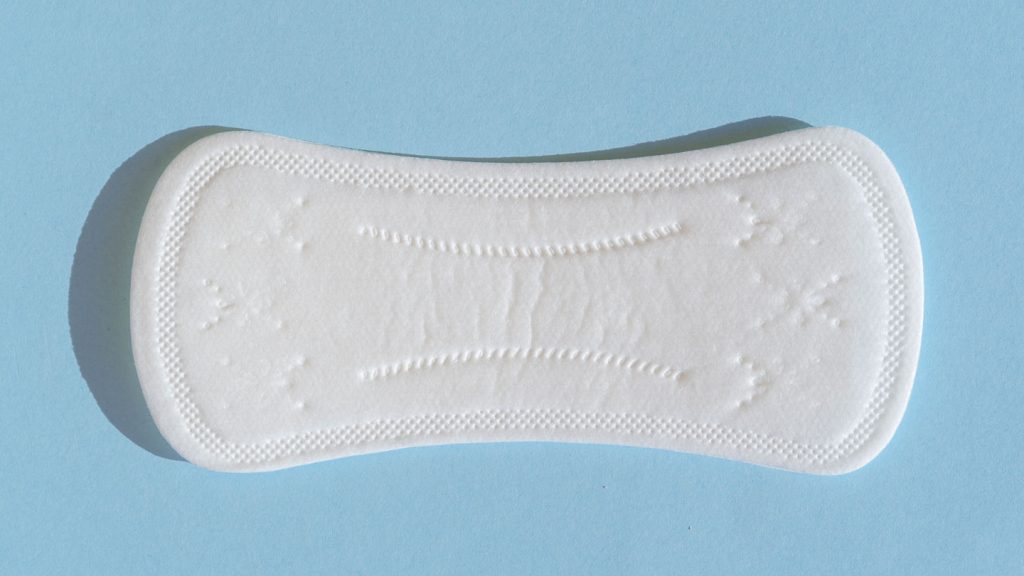Period blood testing has entered into the realm of health diagnostics as a potential alternative to traditional blood draws. Qvin, a San Francisco Bay Area-based company, recently introduced an at-home test kit that detects a biomarker for diabetes using menstrual blood. This new approach has the potential to revolutionize the way diseases are diagnosed and monitored in menstruating individuals. Sara Naseri, the CEO and co-founder of Qvin, believes that period blood could provide valuable insights into a person’s health without the need for invasive procedures.
A decade ago as a medical student, Naseri became interested in the idea of using period blood for health testing due to its regular availability in menstruating individuals. Although menstrual blood has largely been overlooked in the medical field, studies have shown that it can offer essential health information, including biomarkers for diabetes, inflammation, and reproductive hormones. Naseri’s research at Stanford University School of Medicine demonstrated that menstrual blood is a viable source for diagnosing various health conditions, supporting the potential of this novel approach to health testing.
While the use of menstrual blood for testing offers promising possibilities, anthropologist Kathryn Clancy cautions that more research and validation are needed before widespread adoption. Current research has mainly focused on the A1C test, which measures glucose levels in the blood, making it relatively limited compared to traditional blood tests. Clancy emphasizes the importance of investing in further research to ensure the accuracy and reliability of period blood testing for broader health applications.
The Q-Pad test kit, designed by Qvin, provides a convenient and non-invasive way to test for diabetes using menstrual blood. This at-home kit includes special pads with removable collection strips for sample collection, which are then sent to a certified laboratory for analysis. The results are delivered via an app or email, offering a user-friendly experience for individuals looking to monitor their health without traditional blood draws. The test has shown strong reliability and correlation with serum blood testing, highlighting its potential as an alternative diagnostic method.
In addition to diabetes testing, menstrual blood has the potential to uncover a wide range of health indicators, including inflammation markers, reproductive hormones, and antibodies for infectious diseases like COVID-19. Companies like theblood are looking to expand menstrual blood testing to cover biomarkers for conditions such as PCOS, endometriosis, and cancer detection. By providing a holistic health analysis based on menstrual blood biomarkers, these products aim to offer personalized health recommendations tailored to an individual’s cycle, nutrition, and lifestyle.
However, challenges remain in the use of menstrual blood for diagnostics, including the lack of standardized testing methods and sample stability issues. Basic science research is needed to understand how menstrual blood biomarkers vary throughout the menstrual cycle and between individuals. Despite these obstacles, the growing interest in menstrual blood testing signifies a shift towards more inclusive and personalized healthcare approaches. As the field continues to evolve, menstrual blood could offer valuable insights into women’s health and overall well-being, paving the way for innovative diagnostic tools and treatments.


